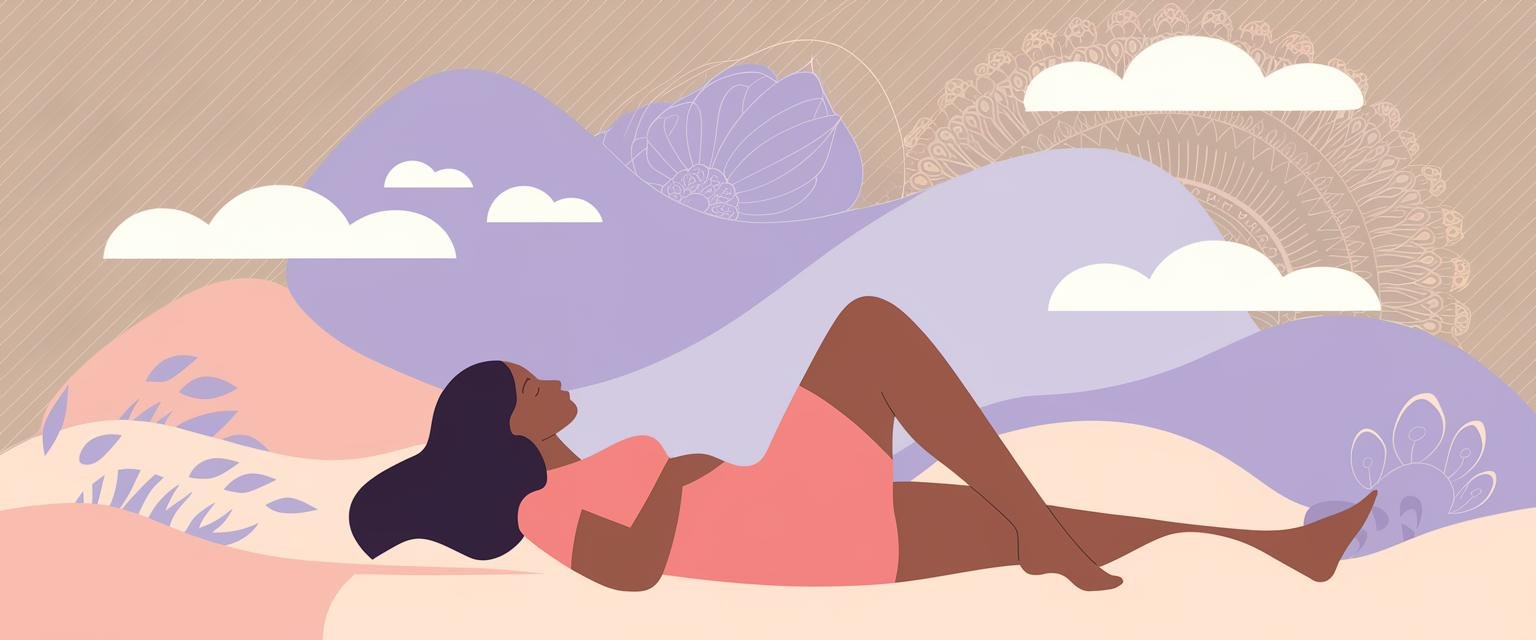Rest as Resistance: Gentle Insights for Everyday Peace
Introduction
When was the last time you sat still without feeling guilty? In a world that glorifies constant productivity, choosing to rest often feels like breaking an unspoken rule. Yet what if I told you that your rest isn’t just a personal need—it’s a powerful statement against systems that equate your worth with your output? This is especially true for women, who often shoulder multiple responsibilities across work, home, and community care. Today, we explore how intentional rest serves as both self-care and a quiet act of resistance against the exhausting expectations of modern life.
Table of Contents
- Understanding the Pressure to Perform
- Rest as a Radical Act
- Practical Ways to Embrace Restorative Rest
- Quick Wellness Questions
- Finding Your Path Forward
Understanding the Pressure to Perform
The constant pressure to stay busy affects everyone, but research shows it weighs particularly heavily on women. Between professional demands, family care, emotional labor, and the digital world’s endless scroll of others’ achievements, many women exist in a state of perpetual exhaustion they’ve been conditioned to ignore.
The “Good Woman” Trap
From an early age, many South Asian women learn that their value is tied to service, sacrifice, and silent productivity. Cultural expectations often praise the woman who manages everything without complaint. This “good woman” ideal creates a dangerous blueprint where rest becomes synonymous with selfishness.
Digital Acceleration
Social media has intensified these pressures, creating a highlight reel where everyone else seems to be thriving while balancing multiple responsibilities. The message becomes clear: if you’re not constantly moving forward, you’re falling behind. This mentality leads to burnout, anxiety, and disconnection from our authentic needs.
Rest as a Radical Act
Choosing rest in a society that praises constant activity becomes a form of resistance. When we intentionally slow down, we challenge the systems that benefit from our exhaustion and reclaim ownership of our time, energy, and wellbeing.
Challenging Economic Structures
The expectation to remain continuously productive serves economic systems that value output over wellbeing. As women, our rest becomes political when it prioritizes our humanity over our usefulness to these systems. As author Tricia Hersey of The Nap Ministry writes, “Rest is resistance because it disrupts and pushes back against capitalism and white supremacy.”
Cultural Restoration
Many traditional cultures honored cyclical rest before colonial and industrial systems valorized constant productivity. For many women from South Asian backgrounds, reclaiming rest connects us to ancestral wisdom that recognized the natural rhythms of activity and recovery. By resting, we reconnect with cultural practices that existed before the relentless pace of modern life.
Practical Ways to Embrace Restorative Rest
Rest isn’t just about sleep—it encompasses any activity that allows your nervous system to recover from the constant state of alertness many women maintain. Here are thoughtful approaches to integrate more restful practices into your life:
Permission Before Practice
Before trying specific rest techniques, start by giving yourself explicit permission to rest without achievement. Try writing yourself a “rest permission slip” that acknowledges your fundamental right to pause without justification.
Micro-Rest Practices
Rest doesn’t require hours of free time. Try the 5-5-5 technique: five minutes of deep breathing, five minutes away from screens, five minutes of gentle movement. Even brief pauses can reset your nervous system when practiced consistently throughout your day.
Community Rest
Create rest accountability partnerships with friends who understand this path. Schedule “do-nothing dates” where you gather specifically to rest together, whether through quiet conversation, side-by-side reading, or simply sitting in comfortable silence.
Digital Boundaries
Implement technology limits that create space for your mind to wander and recover. Try designating certain areas of your home as phone-free zones, or setting specific hours when notifications are turned off. These boundaries protect your mental energy from constant digital demands.
Quick Wellness Questions
Q: How does “hustle culture” particularly impact women?
A: Women often face a “double shift” of professional work followed by unpaid domestic and emotional labor. Research shows women are more likely to experience burnout due to these compounded expectations, alongside cultural messaging that ties their worth to productivity and care for others. The mental load of managing multiple spheres simultaneously creates a particular form of exhaustion that hustle culture normalizes rather than questions.
Q: In what ways can choosing rest be seen as an act of resistance against societal pressures?
A: Rest becomes resistance when it prioritizes human needs over productivity demands. By choosing rest, women assert that their value exists beyond their usefulness to economic systems. Rest challenges the notion that constant busyness signals importance, and instead affirms that wellbeing deserves protection. In a world that profits from women’s exhaustion, choosing to honor your body’s need for recovery becomes a political act.
Q: How can I rest without feeling guilty or anxious about what I’m not accomplishing?
A: Start by recognizing that guilt comes from internalized messages about productivity, not reality. Try reframing rest as essential maintenance rather than a luxury—just as you wouldn’t feel guilty for charging your phone, your body and mind require regular renewal. Begin with small rest periods and notice how they actually enhance your effectiveness during active times.
Finding Your Path Forward
Rest isn’t merely the absence of activity—it’s an active choice to honor your needs in a world that often encourages you to ignore them. By embracing rest as both self-care and resistance, you participate in a quiet revolution that values your wholeness beyond your productivity. Remember that each time you choose rest, you’re not just caring for yourself today—you’re modeling a more sustainable way of being for everyone around you. Your rest matters, not just for your wellbeing, but for the collective reimagining of what makes a life well-lived.
Start small: this week, can you identify just one opportunity to choose rest over unnecessary busyness? Notice how it feels in your body when you honor that need without apology.
Subscribe to our newsletter for weekly wellness tips and mindful practices from Hey Mandala.

